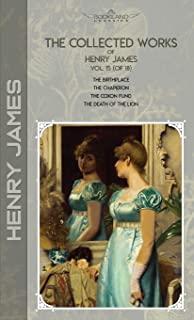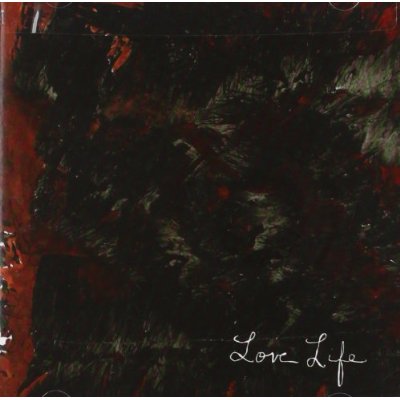
James, Henry
"The Birthplace" is a short story by Henry James, first published in his collection The Better Sort in 1903. A witty satire on the excesses of bardolatry, the story reflects James's skepticism about the authorship of Shakespeare's plays. Beyond the narrow scholarly issue, the story also shows a typically imaginative Jamesian protagonist inventing an alternative reality in his lecture on the Bard's supposed childhood activities.
Morris Gedge is a librarian at a dull provincial library in England that is "all granite, fog and female fiction." He gets a welcome offer to become the custodian of the Shakespeare house at Stratford-on-Avon. Although Shakespeare's name is never mentioned in the story (James used the name twice in his Notebooks when he was planning the tale) it's obvious to whom "the supreme Mecca of the English-speaking race" is devoted.
Once installed as the custodian, Morris begins to doubt the chatter he is forced to give to tourists who visit the home. He starts to qualify and hesitate in his spiel. This brings anguish to his wife and a warning from the shrine's proprietors. Gedge finally decides that if silliness is what's wanted, he'll supply it abundantly. The last section of the story shows him delivering a hilarious lecture on how the child Shakespeare played around the house. Of course, receipts from tourists increase and Gedge gets a raise.
"The Coxon Fund" is an 1894 short story by Henry James.
Frank Saltram is a man who apparently has a towering intellect, but one that manifests itself only in sparkling table-talk. He has a real and powerful gift to delight with his conversation, particularly when intoxicated, but other than conversation he produces nothing. Saltram also recognises no obligations or duties, is ungrateful and utterly unreliable, and is apparently prone to immoral acts. He lives off others, particularly the Mulvilles, who, convinced of Saltram's genius and genuinely enjoying his talk, host him for months at a time. In the opinion of the unnamed narrator, Saltram is not a deliberate conman; he simply suffers from "a want of dignity".
The story revolves around Saltram and a group of people who are fascinated by him. Ruth Anvoy, a young American woman with a wealthy father, comes to Britain to visit her widowed aunt Lady Coxon. There she meets George Gravener, a man with a real intellect and a future in politics, and the two become engaged. She also meets Saltram, and is fascinated and impressed by his talk and intellect, though aware that he has shortcomings of character.
The Death of the Lion is an 1894 short story by Henry James.
The narrator suggests writing an article on Neil Paraday an author; his new editor agrees. The former spends a week with Neil and writes the article whilst there, alongside reading Paraday's latest book. His editor rejects the article however; he decides to write an article for another newspaper, but it goes unnoticed. Neil Paraday gets excited about writing another book, despite the fact that he doesn't seem successful still. However the narrator comes across a praiseful review in The Empire.
Mr Morrow, a journalist suddenly interested in writing about Neil Paraday's life now that he is successful, comes round and ends up scaring the writer; the narrator manages to see him off. He tells Mr Morrow all there is to know about Paraday is in his work; the journalist is not amused. Later, he publishes an article on Neil's house in the Tatler. Embracing his fame, Paraday takes to going to London luncheons with women.







